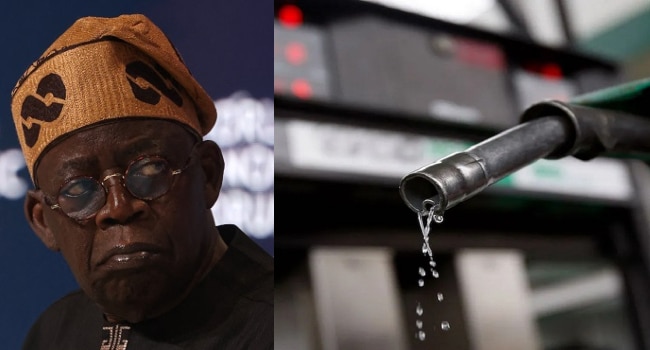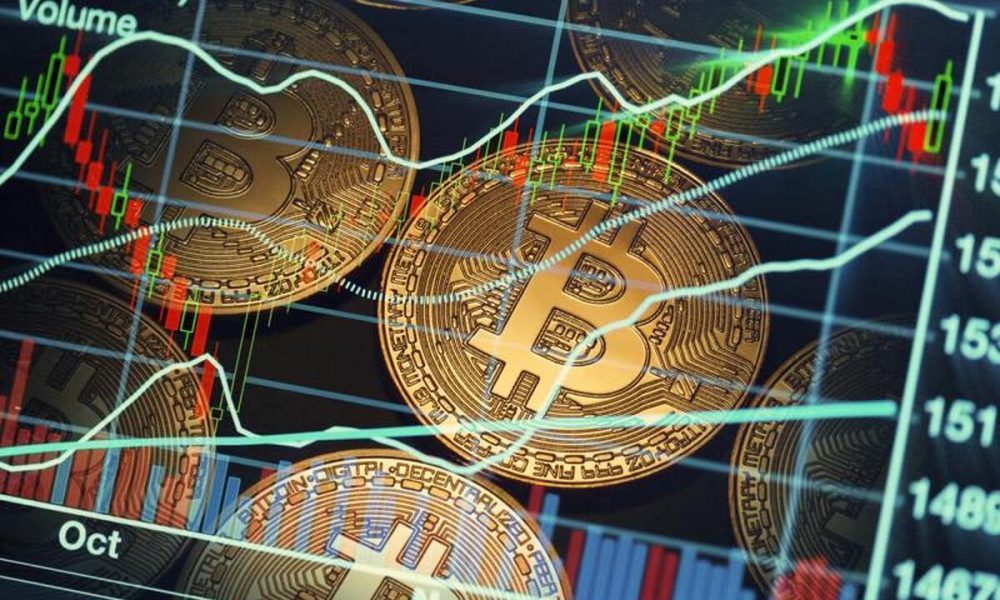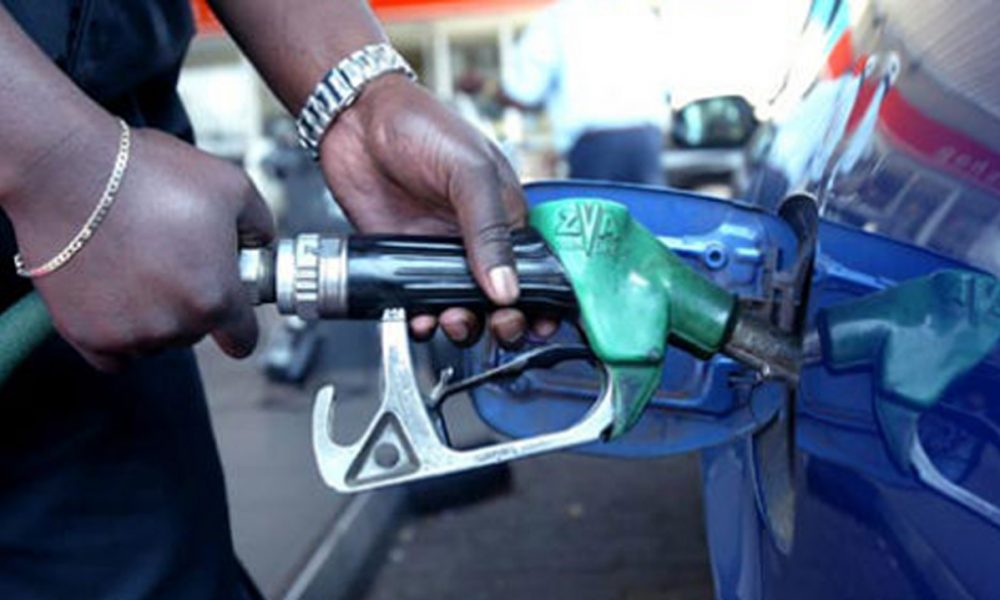Fuel Price Increase: The Latest Updates on Petrol Scarcity and Government-Citizen Reactions
In the wake of the recent fuel price hike by the Nigerian National Petroleum Company Limited (NNPCL), Nigerians are left grappling with the implications. Naijawebinfo brings you the latest information on petrol scarcity, fuel price increase, and the reactions of the government and citizens.
A significant development has been the gradual reduction in petrol prices, thanks to the deregulation of Nigeria’s downstream oil sector. This has led to increased competition among oil marketers, ultimately driving down pump prices.
A recent agreement between the Independent Petroleum Marketers Association of Nigeria (IPMAN) and Dangote Petroleum Refinery is also contributing to the reduction in petrol costs. Under this arrangement, Dangote will supply 60 million litres of Premium Motor Spirit (PMS) weekly to IPMAN, translating to 240 million litres per month.
This supply agreement is conditional on IPMAN’s demand and patronage. Additionally, Dangote Petroleum Refinery is seeking to raise substantial funds to facilitate crude oil imports and expand its production capacity.
Oil marketers have reported a decline in petrol prices due to increased competition following the deregulation of the sector. This comes as the NNPCL and other marketers imported over two billion litres of PMS within a 42-day period.
Organized Labour has called on President Bola Ahmed Tinubu to reverse policies on the floating of the national currency and rising energy costs, citing the need to alleviate the economic hardship faced by Nigerians and businesses.
The appeal was made during the 6th Quadrennial and 13th National Delegates Conference of the National Union of Shop and Distributive Employees (NUSDE) in Ibadan, Oyo State. NUSDE President Aminu Megbontowon highlighted the significant challenges posed by current economic policies, including the soaring prices of petroleum products and increased electricity tariffs.
Megbontowon emphasized that these costs are unsustainable for an oil-producing nation like Nigeria, especially given the low purchasing power of its citizens. He criticized the rising prices of petroleum products, which now exceed N1,000 per liter, and the increased electricity tariffs, which have risen from N68 to N227.



